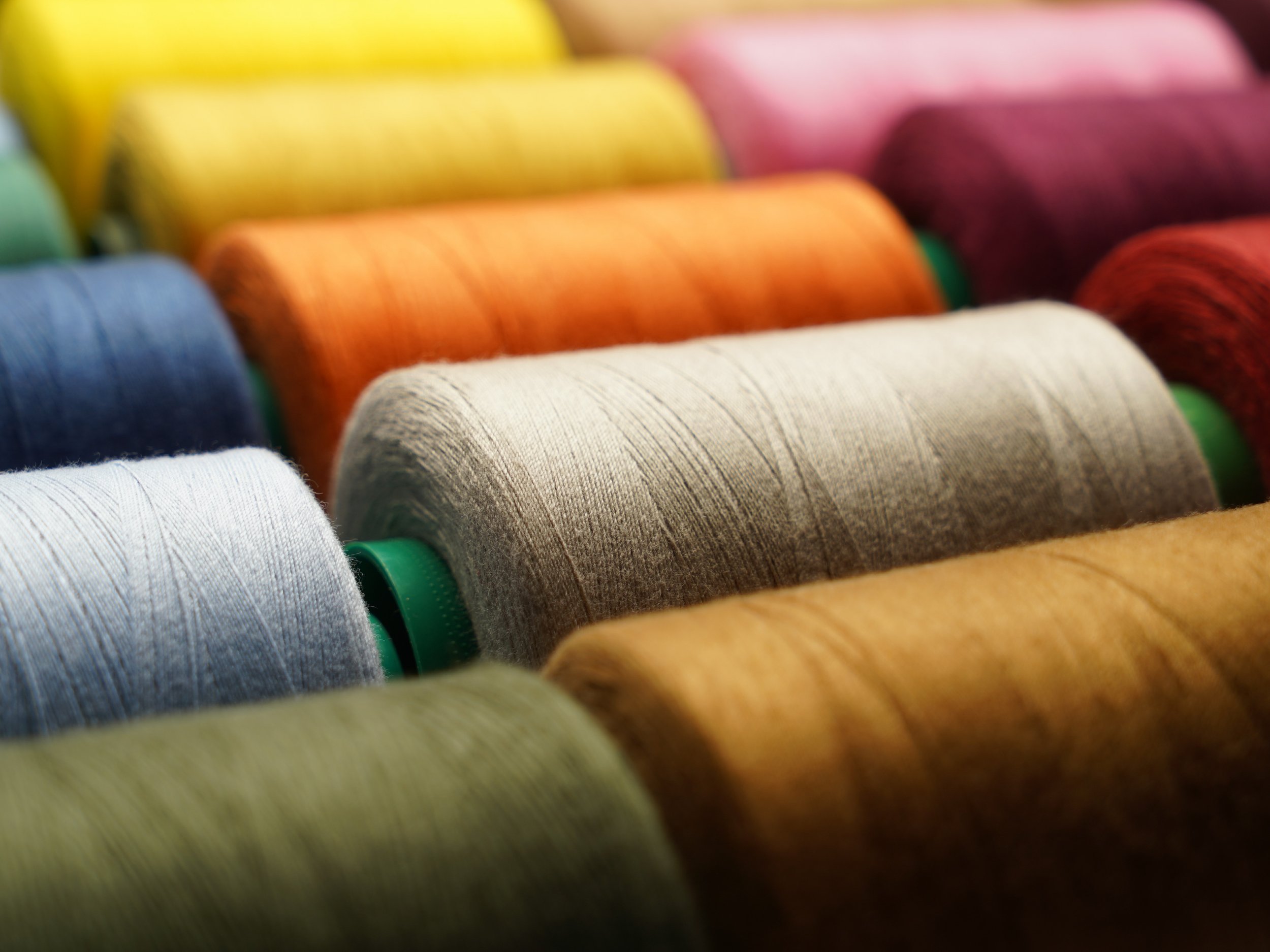UK retailers keep domestic sourcing low amid ethical and cost barriers - UKFT
UK Fashion and Textile Association (UKFT) launched its ‘Reshoring for Real: The future of domestic UK apparel manufacturing’ report, looking at how UK fashion manufacturing could grow.
The research found UK retailers saw UK sourcing as a small part of their business, used mainly for niche or agile needs like printing, knitwear, and test-and-react models.
Order volumes stayed low and there was little long-term planning.
The report also found ethical concerns were a major barrier to using UK factories.
According to the report, manufacturers with strong ethical credentials still faced reputational consequences due to wider industry issues, despite meeting high compliance standards.
Additionally, the report said that rebuilding trust would need clear, robust ethical practices and better partnerships.
Global disruptions, including Brexit, shipping delays, increased transport costs, and geopolitical tensions, made UK sourcing more attractive, but brands did not move core production back.
Instead, they used UK suppliers for speed, flexibility, and special projects.
Furthermore, the report found brands wanted to expand UK production in knitwear, jersey, cut, make and trim, and printing, but only if costs came down and ethical standards rose.
Most kept using UK factories for responsive, low-volume production, with only a third considering long-term plans for UK sourcing.
The report said that for costs to fall, factories needed to be efficient and receive consistent orders, and brands needed to improve their capacity planning and buying behaviour.
The UKTF report also found brands wanted to recycle excess stock, use recycled materials, and have reliable data for traceability.
Support for a fully circular UK supply chain grew, but the infrastructure and commercial case for recycling at scale were still limited.
On regulation, the report found all retailers said they were getting ready for extended producer responsibility and most knew about new EU sustainability rules.
However, few were aware or prepared for the UK’s proposed garment code adjudicator.
The report made several recommendations.
For brands, it called for closer relationships with UK factories, support for compliance upgrades, and joint sustainability work.
The report also said brands should gain transparency and visibility of a level playing field for UK manufacturing.
UK garment manufacturers were advised to focus on speed, quality, and transparency, and to invest in cost-saving technology, ethical certification, and circular capabilities.
The report added that high ethical standards and quality were the most important motivators to gain commitment.
For policymakers, the report called for incentives for sustainable manufacturing and investment in textile recycling infrastructure.
The report said creating the right manufacturing ecosystem would help attract inward investment into UK apparel manufacturing, build regional capabilities, unlock new technologies and accelerate the transition to a circular economy.
The report concluded that with the right approach and engagement from brands, suppliers, government, and the wider industry, along with investment and education, the UK could play a big role in future sourcing strategies.
This could support green growth, jobs, and investment, while cutting carbon and environmental impact.

